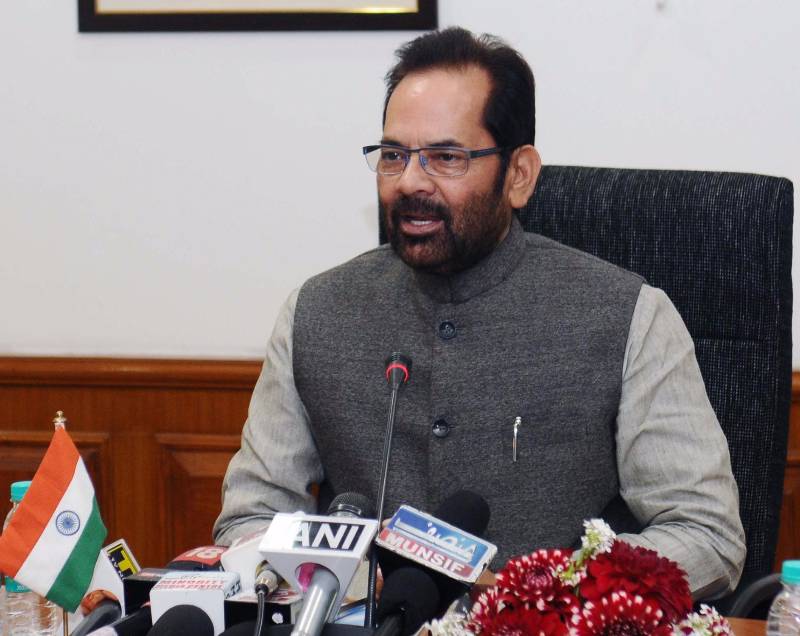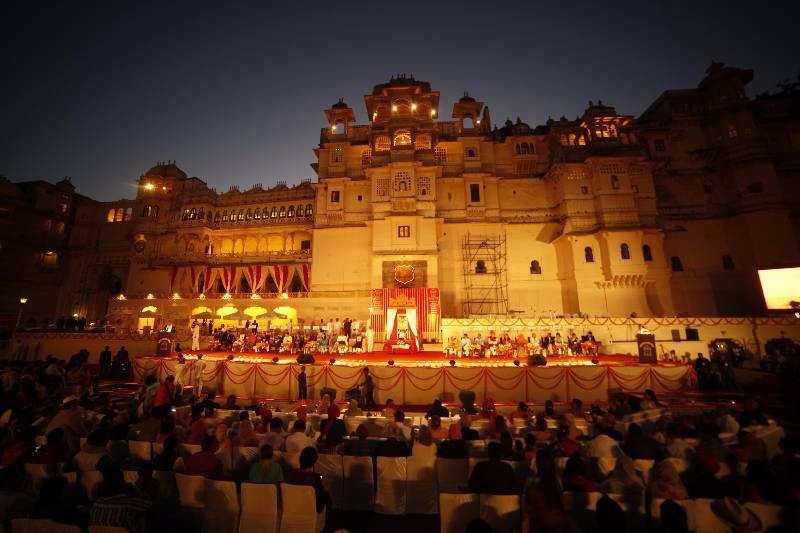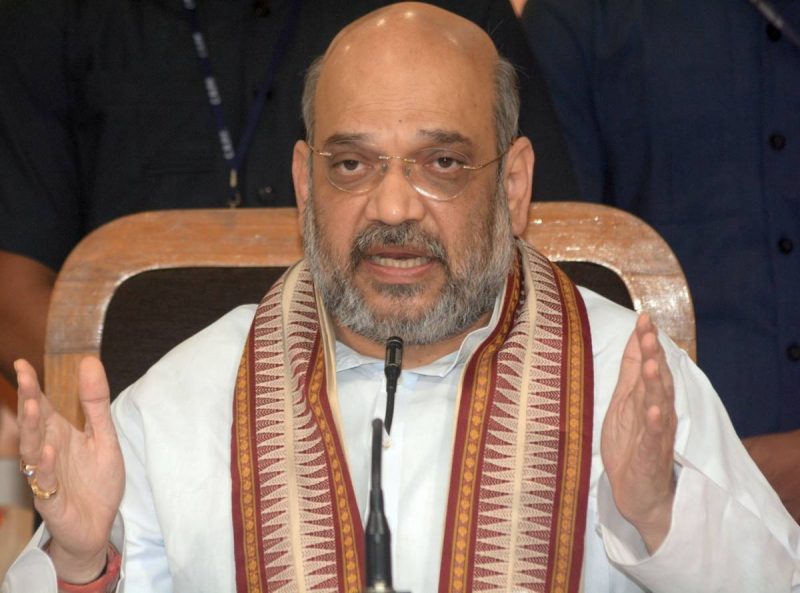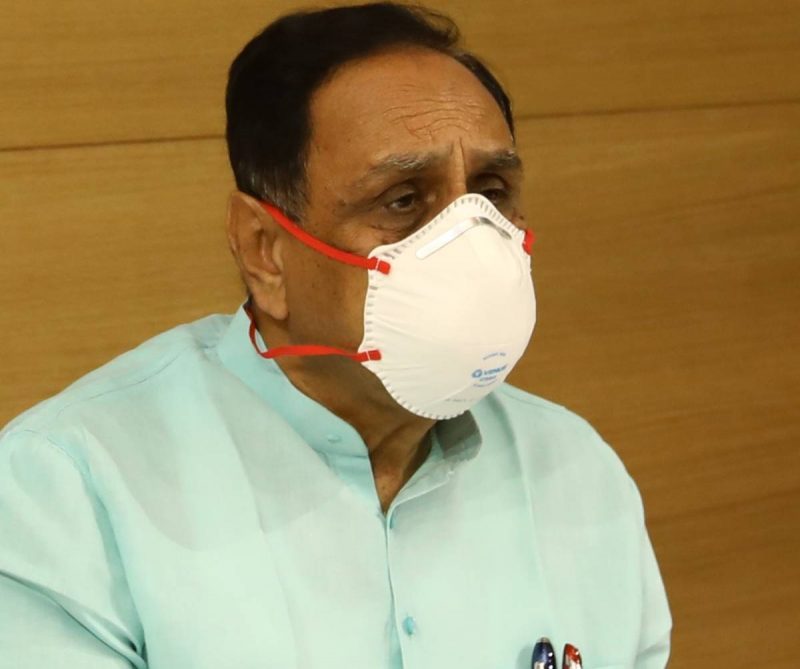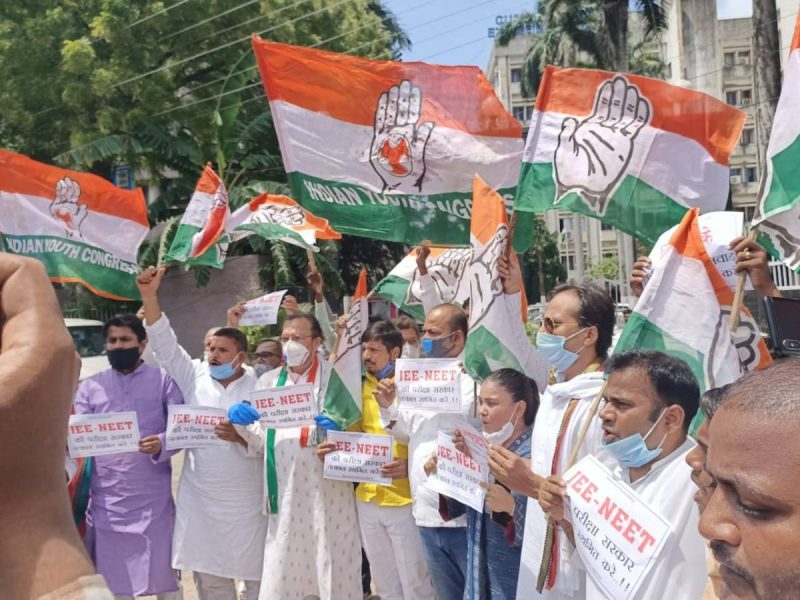The National Commission for Minorities (NCM) — an organisation established to safeguard the constitutional and legal rights of minorities and which was once headed by Hamid Ansari, now India’s Vice President — currently has no chairperson and virtually no members….writes Mohd Asim Khan

The last of its members will retire on Thursday and the government has so far not finalised names of the new Chairperson and members.
Minority Affairs Minister Mukhtar Abbas Naqvi, asked about the reconstitution of the Commission, said that it may happen soon.
“The process is on. We have received a few names for the members and chairperson which I cannot disclose right now, but it may be done soon,” Naqvi said.
The NCM has a sanctioned strength of seven members, including the chairperson, with each member having a fixed tenure of three years.
Currently, only one member, Dadi E. Mistry, is in the Commission and he too is slated to retire on Thursday.
Earlier, members Farida Abdulla Khan retired in October last year while Praveen Davar retired in January this year. Another member, Mabel Rebello, from the Christian community, completed her term in February 2016.
The government did not appoint any new persons to replace the outgoing members.
So much so that the last Chairman, Naseem Ahmed, who completed his term on March 3, twice wrote to the Minority Affairs Ministry to fill the vacant posts as the workload was increasing on the remaining members – but nothing happened.
“I wrote twice to the government about the vacant posts, once during the tenure of Najma Heptulla and once to the present Minority Affairs Minister Mr. Naqvi, besides putting this up verbally with the Ministers now and then. Both the Ministers said the matter was being considered, but no new members were ever appointed,” Naseem Ahmed said.
As for the importance of the body, a Home Ministry Resolution dated January 12, 1978, specifically mentions that “despite the safeguards provided in the Constitution and the laws in force, there persists among the minorities a feeling of inequality and discrimination”.
The Ministry felt that to preserve secular traditions and to promote national integration, “effective institutional arrangements are urgently required for the enforcement and implementation of all the safeguards provided for the minorities in the Constitution”.
The government set up the NCM under the National Commission for Minorities Act, 1992, though it had to face different pulls and pressures which is a separate story.
The body, which enjoys quasi-judicial powers, draws members from five recognised minority communities in India –Muslims, Sikhs, Christians, Buddhists and Parsis. Since January 2014, Jains have also been notified as a recognised minority community.
Naseem Ahmed, who is also a former IAS officer and has decades of experience working in the government set up, said the Minorities Commission is a necessity and it must work at its full strength at all times.
“In the last two years, as members kept retiring and no new members came, the workload kept increasing on the serving members. For the Commission to discharge its duties efficiently, it must work at full strength,” Ahmed said.
“There should be timely induction of members. Not filling vacant posts sends wrong signals,” he said.
He also advocated the need for the NCM to have an investigation wing with police officers, which other Commissions such as National Commissions for Scheduled Castes and Scheduled Tribes have.
However, Ahmed denied any direct interference by the government in the working of the NCM.
“There has never been any interference by the government, neither previous nor this one, in our affairs or functioning. We got equal cooperation from this government as with the previous one,” Ahmed said.


